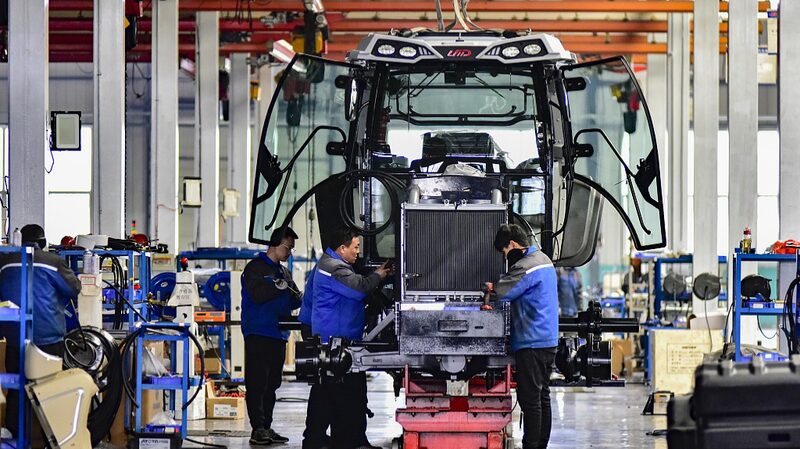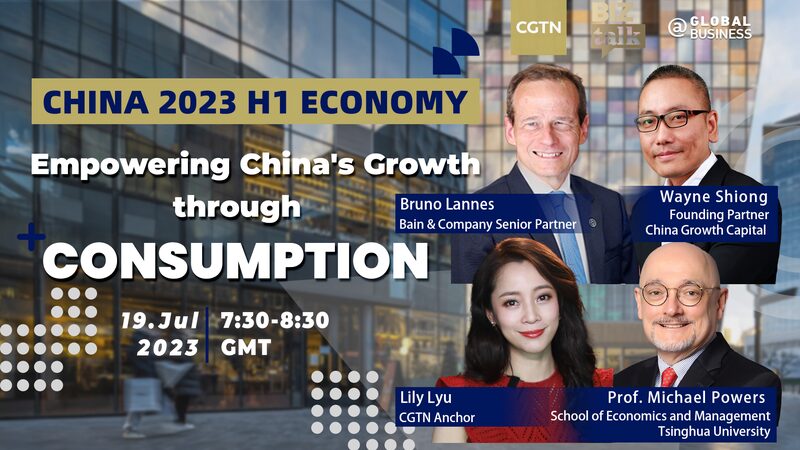As China prepares to implement its 15th Five-Year Plan (2026–2030), policymakers are signaling a historic economic shift toward self-reliance and human development. Released this week, the Communist Party of China's policy framework identifies domestic consumption and social welfare investments as critical drivers for sustainable growth in the coming decade.
From Factories to Families: Rethinking Economic Priorities
The blueprint marks a departure from China's four-decade reliance on export-driven growth and infrastructure spending. Instead, it emphasizes creating a "strong domestic market" through improved social services, education reforms, and enhanced healthcare systems. Analysts suggest this approach aims to unlock the spending potential of China's 1.4 billion residents while addressing long-standing income disparities.
Building Resilience Through Social Investment
Key measures include expanding childcare support, modernizing elderly care systems, and upgrading vocational training programs. These initiatives align with broader goals to increase workforce productivity and consumer confidence. While the transition presents challenges, particularly in restructuring local government financing models, the plan positions social welfare spending as strategic economic infrastructure for the 2030s.
Economists note this shift comes as global markets face increased volatility, making domestic stability crucial. The strategy also envisions growth through technological innovation and high-value service industries, reducing traditional dependence on heavy manufacturing.
Reference(s):
cgtn.com








